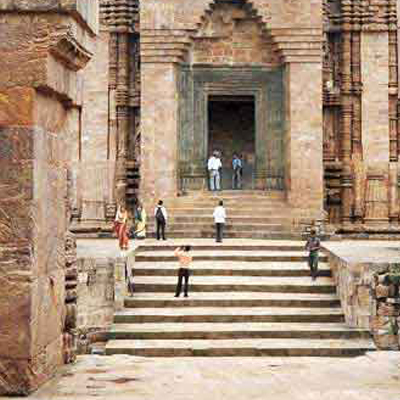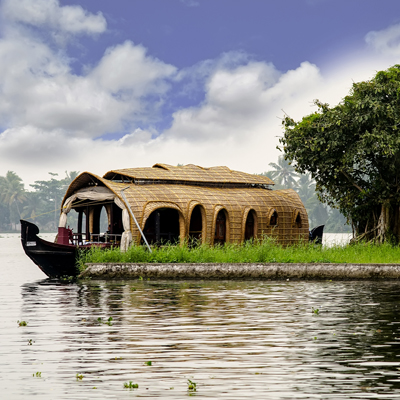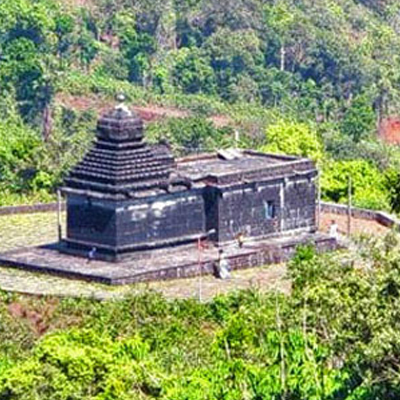Museums have long been integral in the preservation and exhibition of India's rich cultural and historical heritage. They provide a glimpse into the diverse culture of India, showcasing traditional art and artifacts alongside modern innovations. India is home to over 14201 museums, boasting one of the world's largest and most captivating collections of artefacts, sculptures, objects, and evidence of the history. During the 19th and 20th centuries, there was a significant increase in the establishment of museums throughout India, as various private and government organizations took on the important task of preserving and showcasing the country's rich cultural heritage. Today, these museums not only house ancient artifacts but also serve as hubs for research and education.
The tradition of museums in India dates back to ancient times, when rulers would collect and exhibit rare treasures in their palaces. This practice continued during British rule, leading to the establishment of notable museums like the Indian Museum in Kolkata and the Government Museum in Chennai.
One of the most renowned museums in India is the National Museum in New Delhi, which boasts a diverse collection of over 200,000 art objects spanning different periods of Indian history. Additionally, it features galleries dedicated to art from various parts of the world. The Chhatrapati Shivaji Maharaj Vastu Sangrahalaya, also known as the Prince of Wales Museum is a popular tourist attraction in Mumbai. This museum is a premier destination for art and history enthusiasts, with over 50,000 artifacts on display, including rare sculptures, paintings, and items from ancient civilizations.
In addition to the conventional museums, India also houses unique and specialized museums that provide a deeper insight into various aspects of the country's culture and heritage. For instance, The Sulabh International Museum of Toilets in Delhi is solely dedicated to showcasing the evolution of toilets in India over the centuries. Museums in India go beyond just displaying art and artifacts. Many museums focus on preserving and promoting traditional handicrafts and folk art, such as the Crafts Museum in New Delhi and the Bharat Kala Bhavan in Varanasi.
The museum culture in India serves as a reflection of the nation's rich and varied history, art, and culture. Whether one possesses a penchant for history, an appreciation for art, or a general curiosity about India's heritage, a visit to one of the numerous museums in India is highly recommended.


